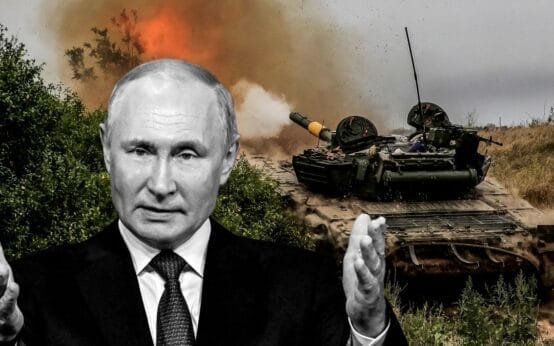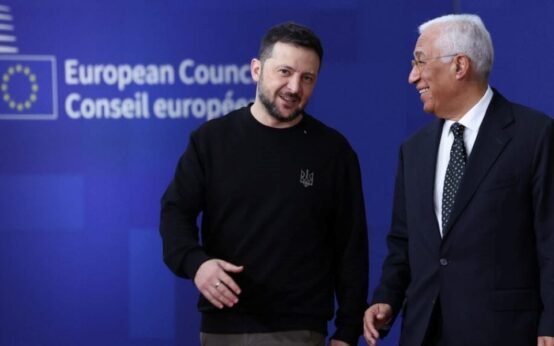Germany has begun one of the most ambitious defense transformations in modern European history. Chancellor Friedrich Merz has pledged that by 2031, the country will command the largest and most powerful conventional army in Europe. His vision reflects not only Germany’s response to shifting global security threats but also a decisive turn away from decades of military restraint.
Zeitenwende: Strategy in German Defense Policy
The roots of Germany’s military expansion lie in the Zeitenwende, or turning point, speech delivered by former Chancellor Olaf Scholz in 2022. That speech marked the end of Germany’s cautious approach to defense. Scholz announced a €100 billion special fund to strengthen the Bundeswehr and promised to meet NATO’s 2% defense spending target.

Zeitenwende did more than unlock new money. It shifted public debate in Germany. For decades, leaders resisted large-scale military investments, fearing both domestic opposition and the memory of Germany’s militarized past. After Russia’s invasion of Ukraine, however, the political climate changed. Germany began to see military strength not as a threat to peace but as a guarantee of stability.
Chancellor Merz Pushes for Bold Expansion Beyond 2% GDP
Chancellor Merz has now raised the bar much higher. He believes Germany must take on a central role in defending Europe against emerging threats. To achieve that goal, his government pledged to raise defense spending from just over 2% of GDP in 2024 to as much as 5% of GDP by 2031.
That jump represents a dramatic increase. In 2024, Germany spent around €90 billion on defense. By 2031, annual spending could exceed €160 billion. This budget would place Germany far ahead of its European neighbors and closer to the defense outlays of major powers like China and Russia.
Merz argues that Germany must not remain dependent on U.S. forces for its protection. Instead, he wants the country to prove itself as Europe’s backbone inside NATO and as a leader within the European Union.
Expanding the Bundeswehr: Growing to 240,000 Troops
The size of the Bundeswehr has been one of its greatest weaknesses in recent years. Despite being Europe’s largest economy, Germany’s army numbers only about 182,000 active personnel. Merz has set a goal to grow that number to at least 203,000 by the late 2020s, and possibly as many as 240,000 by 2031.

The government has already introduced new incentives to attract volunteers. Soldiers now receive better pay, modernized housing, and opportunities for high-level technical training. Officials describe the army as not only a career path but also a way to gain valuable skills for civilian life.
If voluntary recruitment does not meet targets, Merz has not ruled out reinstating mandatory military service. Conscription ended in 2011, but debates around its return have intensified. Supporters argue it would ensure fairness, while critics worry it could fuel resistance among younger generations.
Overcoming Bureaucratic Obstacles in Procurement
Germany’s defense reforms face one of their toughest challenges in bureaucracy. For decades, long approval processes slowed weapon deliveries and drained resources. Even simple equipment requests often took years to process.
Merz has promised a new procurement system that cuts red tape and prioritizes speed. A proposed €650 billion five-year overhaul aims to fast-track acquisitions, digital upgrades, cyber defenses, and satellite programs.
Defense experts warn, however, that changing the culture of military bureaucracy will take more than money. Without streamlining contracts and restructuring oversight, Germany risks falling behind its ambitious timeline.
Germany’s Role in NATO and European Defense
Germany’s transformation has major implications for NATO and the European Union. Berlin has already pledged to permanently station a brigade in Lithuania, increasing NATO’s forward presence on the alliance’s eastern flank. By 2026, about 2,000 German soldiers will operate there full-time, demonstrating long-term commitment to Baltic security.
Within the EU, Germany has become a driving force behind the Strategic Compass, a plan to strengthen Europe’s independent defense capacity. Berlin supports the creation of the EU Rapid Deployment Capacity, which will allow European forces to intervene quickly in crises.


 German Companies Turn to Morocco to Tackle Labor Shortages
German Companies Turn to Morocco to Tackle Labor Shortages  How Recent Communal Violence in Syria is Affecting Germany
How Recent Communal Violence in Syria is Affecting Germany 
 EU leaders ramp up defense and vow greater support for Ukraine.
EU leaders ramp up defense and vow greater support for Ukraine.  Ukraine Explores European Peacekeepers Amid Ongoing Russia-Ukraine Conflict
Ukraine Explores European Peacekeepers Amid Ongoing Russia-Ukraine Conflict